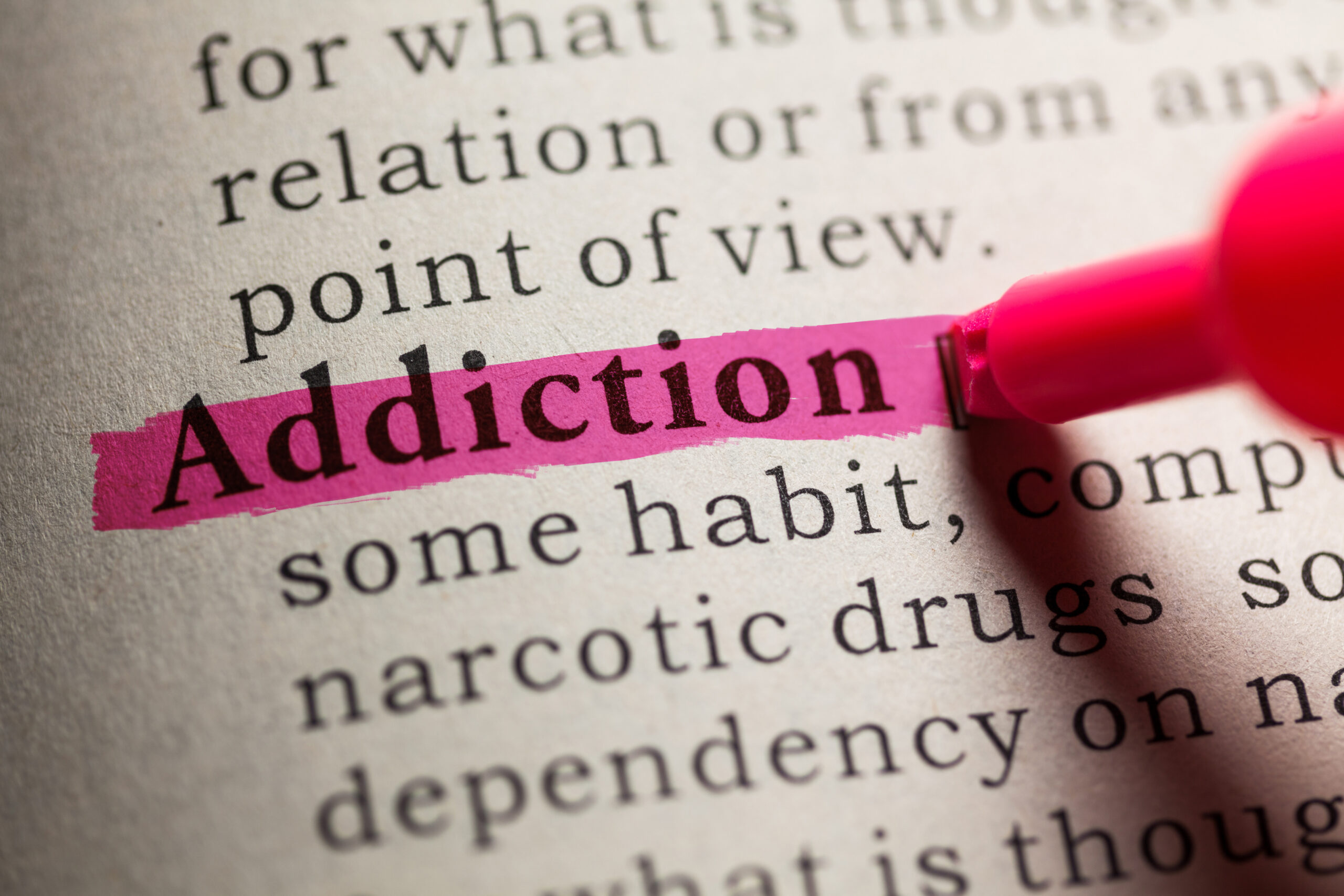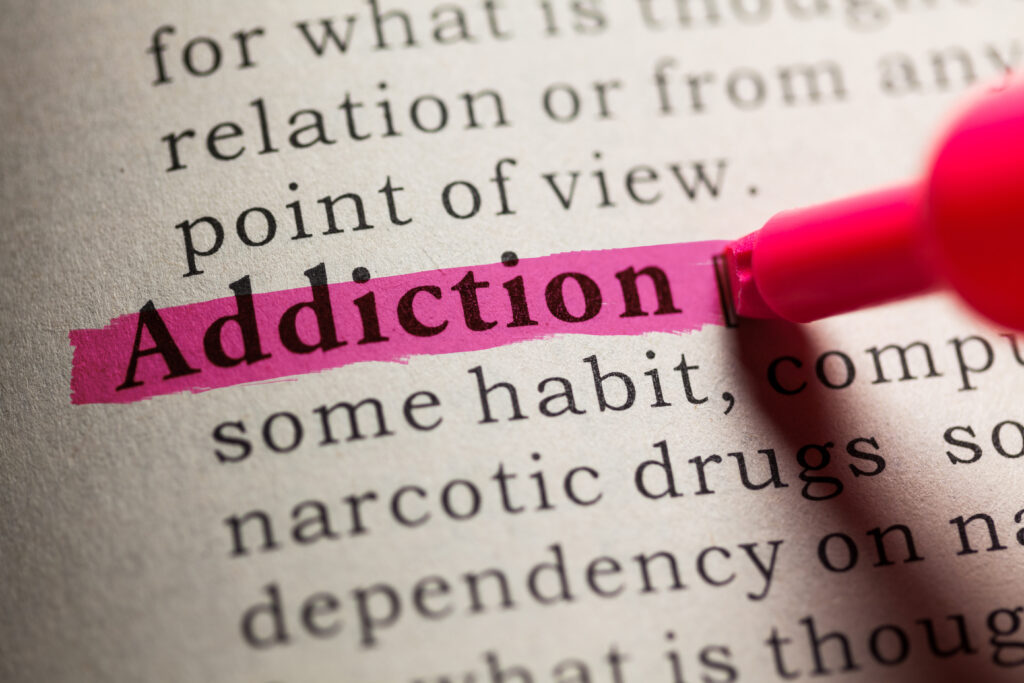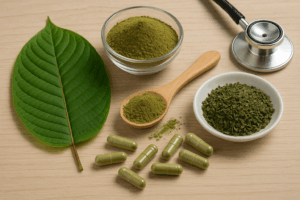Addiction is complicated. So many things can cause it, and so many things can’t. There are a multitude of myths and misconceptions surrounding addiction, so let’s get down to the truth. That’s what we’re addressing in today’s blog: what causes addiction. More specifically, what causes drug addiction?
Long story short: dependence on drugs causes addictions. Medically speaking, substance-related and addictive disorders are complex and often and can result in significant consequences for the individual. The biological processes that cause addiction involve the reward pathways in the brain. The more you take, the more likely you are to be dependent on them.
In plain English, drugs, such as opioids, trick your brain into releasing large amounts of feel good chemicals, which your brain loves. It gets used to feeling good all the time, and then once you stop taking those drugs, things that made you feel good in the past don’t have the same effect. Your brain will want more, stronger feelings.
But what else? Are there other factors? Yes. But they’re not causes. They are risk factors that may increase your risk of developing an addiction. None of these things will make you become addicted. The only thing that causes addiction is drug use.
Early Exposure and/or Genetics
Repeated and early exposure to addictive substances and behaviors may play a significant role in developing an addiction later in life. Genetics also increase the likelihood of an addiction by about 50 percent, according to the American Society of Addiction Medicine.
If your family has a history of physical or mental illness, it increases your risk of developing the same conditions. Some conditions increase the risk of developing a drug abuse disorder, including any condition that involves pain medications.
Remember, just because addiction runs in the family does not necessarily mean a person will develop one. As we said before, it’s a risk factor, not a cause.
Environment and Culture
Environment and culture also play a role in how a person responds to a substance or behavior. A lack or disruption in a person’s social support system can lead to substance or behavioral addiction. Traumatic experiences that affect coping abilities can also lead to addictive behaviors.
Peer pressure plays into this as well. We all know it and hear our parents yelling in the back of our heads, “If your friend jumped off a bridge, would you do it too?” It may be cliche, but it’s true. Peer pressure is unavoidable and surrounding yourself with negative triggers can lead to bad habits if you don’t know how to handle the situation.
You can also develop learned behaviors from your family. If you see your parents or relatives crack open an alcoholic drink after a hard day’s work, you may develop that habit too as an adult. That does not mean you will become an alcoholic. It just means you learned by example and followed a habit your loved one developed. It is totally normal and healthy if not abused.
Mental Health
We mentioned this briefly earlier. There is a strong link between a person’s mental health and addiction. People who suffer from an anxiety or mood disorder, such as depression or bipolar disorder, are twice as likely to also have a substance use disorder. When both are present, it’s called a co-occuring disorder or a dual-diagnosis.
Those with conduct disorder or antisocial personality disorder also have an increased risk of alcohol or drug addiction.
Both addiction and mental health disorders are impacted by several factors, including genetics, history of trauma, and the environment. In some cases, people may use drugs and alcohol as a way to self-medicate or cope with mental health issues.
Common co-occurring disorders include:
- Mood disorders, such as major depressive disorder and bipolar disorder
- Anxiety disorders, such as generalized anxiety disorder, panic disorder, and social anxiety disorder
- Attention-deficit hyperactivity disorder (ADHD)
- Antisocial personality disorder and conduct disorder
- Psychotic disorders, such as schizophrenia and schizoaffective disorder
Mental health also correlates to things like stress and trauma. You don’t need to have a medical diagnosis for your mental health to be a risk factor in drug use. High stress situations, such as your job, relationship, or random happenings in life, all count too. How you handle these situations is crucial to how you respond to them. The better you respond to them, the less likely you are to develop an addiction.
The Answer Isn’t Easy
Addiction is not straightforward. You could have minimal risk factors and still be addicted to something. You could also be surrounded by it on a daily basis and have never touched them. The reality isn’t always easy, but one thing is certain: mental health, physical health, your environment, culture, and everything that makes you you does not cause addiction.
The only thing that causes addiction is a dependent on drugs. You cannot be addicted to drugs if you never try them.
As hard as it may be to hear, no one is to blame for your addiction except for two things: the drug, and you. Understanding and believing in that gives you the power to realize that you helped cause this problem, which means you have the ability to overcome it.
If you want to overcome it, give us a call. We’re an outpatient clinic that uses Suboxone and counseling to increase the probability of your successful recovery. We also help you identify and learn to cope with and avoid your risk factors to promote long-term healing and success. Long story short, we’ll help you find your answer. Reach out online if you’re ready to learn more.





